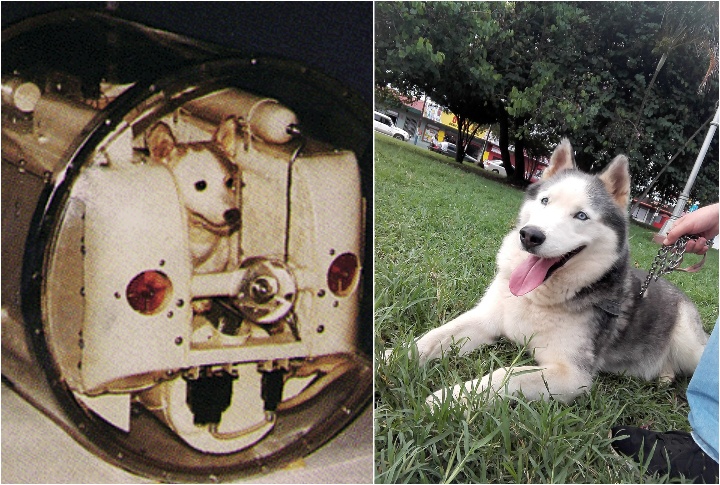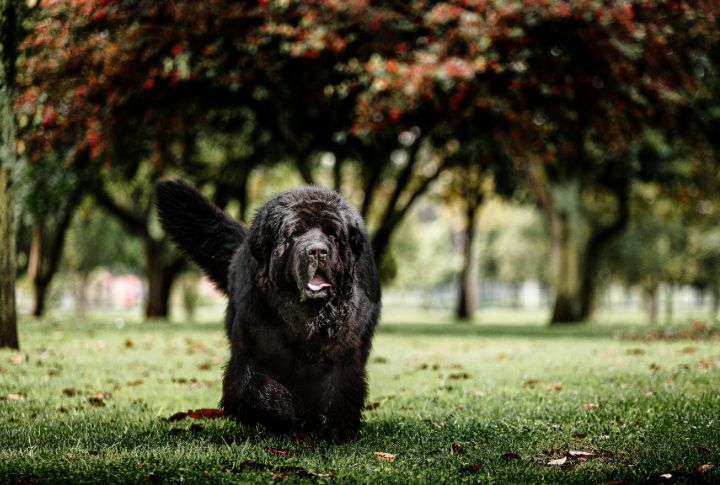15 Dog Breeds That Revolutionized Science
When it comes to the best friend of humans in the animal kingdom, it’s the dog, hands down. But beyond being loyal companions, some breeds have helped solve medical puzzles, uncover genetic secrets, and even improve healthcare. Get ready to read and learn about 15 amazing dog breeds that have left their paw prints on scientific history!

Beagle

Believe it or not, this small hound has made a big impact on medical science. Thanks to its gentle temperament and biological similarities to humans, it has been essential in pharmaceutical research. Studies involving this breed have led to the development of life-saving drugs for conditions like heart disease and cancer.
Border Collie

Imagine a dog that understands over a thousand words! That’s exactly what happened when scientists studied an exceptionally intelligent canine, expanding our knowledge of animal cognition and language comprehension. This groundbreaking research challenges the limits of what we thought animals were capable of learning.
Labrador Retriever

This beloved family pet is contributing to one of the most extensive canine health studies ever conducted. Their trainability and affectionate nature have made them ideal subjects for studying the effects of oxytocin, the “love hormone,” on social bonding and communication between dogs and humans.
German Shepherd

With an exceptional sense of smell, this diligent working dog is helping to revolutionize medical diagnostics. Scientists have trained it to detect various types of cancer by scent. It is a great non-invasive method for early disease detection that could significantly improve patient outcomes.
Dachshund

Due to its higher risk of intervertebral disc disease (IVDD), scientists have focused on understanding how the breed’s spinal structure contributes to injury. Studies are exploring genetic markers associated with IVDD, aiming to reduce risks and improve long-term spinal health in these dogs.
Newfoundland

This gentle breed has significantly impacted kidney disease research. Prone to cystinuria—a genetic disorder causing kidney stones—this breed has helped scientists identify the mutations responsible for the condition. This also highlighted the similarities of kidney diseases in humans.
Belgian Malinois

An intelligent and versatile working dog has advanced studies in scent detection. Their exceptional ability to identify explosives, narcotics, and even diseases through smell has been instrumental in improving security measures and medical diagnostics. Additionally, their unique olfactory capabilities have contributed to ongoing research in understanding how scent receptors function at a molecular level.
Basenji

A breed with unique yodel-like vocalizations, Basenjis have intrigued researchers exploring canine communication. Unlike typical barking dogs, they produce distinctive sounds due to their unusual larynx structure. Studies on them have provided insights into the genetic and anatomical factors influencing vocalization, which may have implications for human speech disorders.
Greyhound

Famous for speed and athleticism, this breed has been valuable in cardiovascular research. Their efficient heart and muscle function make them ideal models for studying human heart health and muscle metabolism. Investigations involving them have contributed to a better understanding of cardiovascular performance and related diseases.
Boxer

These dogs have played a central role in heart disease research, particularly in studying arrhythmogenic right ventricular cardiomyopathy (ARVC). Their genetic predisposition to this condition mirrors the human form of the disease. Scientific studies on them have helped identify genetic mutations responsible for ARVC, aiding in the development of diagnostic and treatment strategies for affected individuals.
Border Terrier

This energetic little dog has been a key focus in research on gallbladder mucoceles (GBM), which affects the bile ducts. Scientists have pinpointed specific genetic markers tied to this serious condition, helping vets improve screening and care. Plus, its small, sturdy build has made it ideal for joint and arthritis studies.
Doberman Pinscher

Did you hear about the sleek guardian that helped solve a blood disorder? Researchers studied its tendency for von Willebrand disease and pinpointed the exact gene mutation causing it. This breakthrough has been vital in developing tests and treatments for clotting issues in both dogs and humans.
Irish Setter

Here’s a fascinating tidbit: this stunning red-coated canine has played a big role in epilepsy studies. Because it’s more prone to seizures, scientists examined its genetics to uncover the underlying causes. Their discoveries are leading to a better understanding and management of epilepsy in people and pets alike.
Basset Hound

Guess what? Those lovable, droopy-eared pups have helped tackle the mystery of glaucoma. Their higher risk for this eye condition made them perfect for studying its genetic factors. Insights gained are paving the way for treatments to prevent vision loss in both our furry friends and ourselves.
Dalmatian

You might be surprised, but those famous spotted dogs have played a major role in hearing research. Due to their high rate of congenital deafness, scientists have been able to point out specific genes connected to hearing loss. This work has provided valuable insights, not only for dogs but also for understanding hearing conditions in humans.




